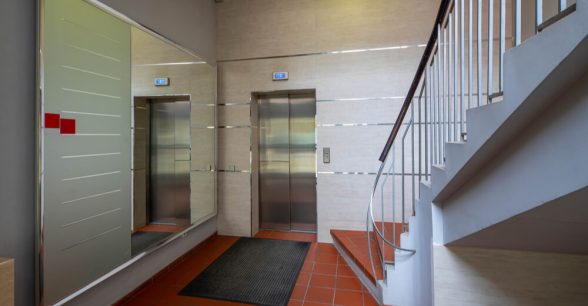Disabled People Deserve Better Access to Care for Eating Disorder Recovery
The first time in what was already a decade-long experience of anorexia that someone was willing to admit I had other disabilities, I was twenty years old. I was told I would be best served in an institution due to “complex medical needs” making anorexia harder to treat. As I studied the face of the counselor telling me this, I realized fairly quickly that this place – a center for students in recovery on my suburban campus in North Texas – was going to be like so many others I’d encountered. I’d been told the same thing about requiring institutional care prior to my chronic illness diagnosis.
The reality was that, like many counselors before him, this counselor lacked the broader resources for which funding is supposedly poured into institutions: Nutritionists. Software we could both use to monitor my food. Medical staff who had literally any long term training regarding how anorexia impacted the body, let alone a disabled one.
My experience with anorexia is a complex and lifelong one, beginning at age ten. Many of my hormonal disabilities (thyroid, anemia, deficiencies, complete lack of a metabolism) are the result of nearly ten years of convincing my body that I didn’t need food to function – and my body believing it. My restriction made my fibromyalgia pain worse, and my bouts with compulsive exercise contributed to already deteriorating nerve pain in both my legs. I didn’t know how to put all of that information together, and neither did the eating disorder professional that I saw. He specifically said that he didn’t think I could handle this without the help of a full team, and that that team would be in an inpatient program. What little treatment I was able to wring out of my time with him proved to be further isolating, and I often felt that I was being pitied rather than treated. It was incredibly apparent that he believed that I was making the wrong choice.
When the counselor said that I would be best served in an institution, what he was really saying is that he wasn’t able to help, and that I needed someone he deemed more competent to work with me. Too often, this is the only option we are offered.
Recovery from eating disorders was designed with the idea that people could enter a place closed off from the world for a few weeks or months and come out significantly better. This is not realistic for many of us, particularly those of us with disabilities. Being forced to choose between an institution and continued struggle, many of us will struggle for a lifetime – and understandably so. Institutions have tortured, starved, murdered our people for most of known history. To be told we must go into one or be denied care is unforgivable.
Whether in or out of institutions, many of us are told during the course of treatment that because of our disabilities, we are the first or only of our kind. We’re the exception to the rule. The strange, the unknown. The stability that we are asked to entertain in recovery (eating within a set standard, and specific amounts) is offset by the complete chaos stemming from the reality that those supposedly helping often have no idea what they’re doing with us.
Disabled people deserve better. Treatment teams can exist and work outside of institutions. I am living proof. I’ve coordinated care with a nutritionist, a team of doctors (who I have had to educate myself, with the help of my nutritionist and endocrinologist) and a counselor. It hasn’t always been easy, and it took time to find people who were competent. In the future, I see a world where we can find competent eating disorder professionals outside of institutions easily. That world will only come when we make it.
About Rooted In Rights
Rooted in Rights exists to amplify the perspectives of the disability community. Blog posts and storyteller videos that we publish and content we re-share on social media do not necessarily reflect the opinions or values of Rooted in Rights nor indicate an endorsement of a program or service by Rooted in Rights. We respect and aim to reflect the diversity of opinions and experiences of the disability community. Rooted in Rights seeks to highlight discussions, not direct them. Learn more about Rooted In Rights




Spot-on! Can I ask how that outside team of professionals could possibly be assembled if the only insurance you have access to is Medicaid?